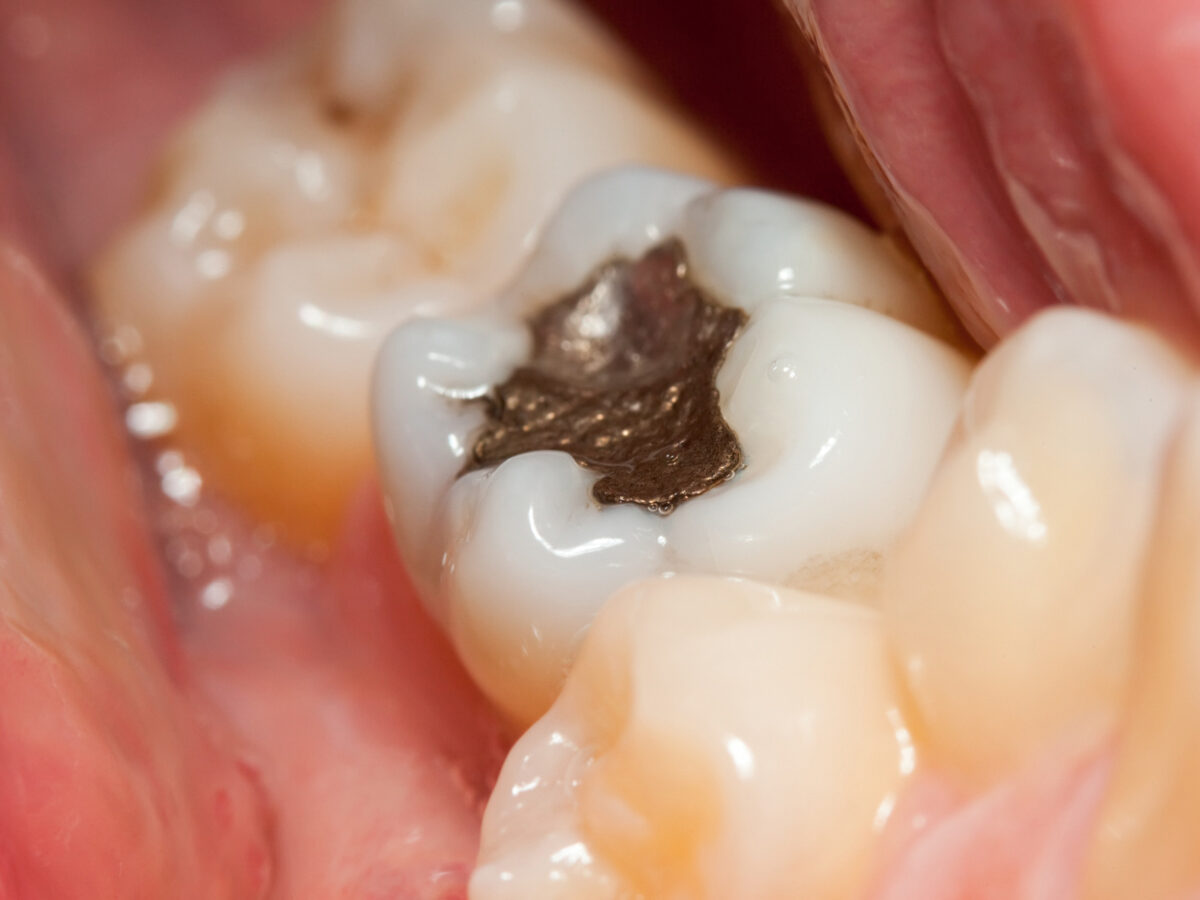Blog
Dental hygiene tips for healthy teeth & gums

Tips For Taking Care of A Dental Filling
Dental fillings, commonly used to restore decayed or damaged teeth, play a crucial role in maintaining oral health and preventing further tooth decay. Ensuring the longevity and effectiveness of these fillings requires proper care. In this article, we provide valuable tips to help maintain the health of your teeth and ensure your fillings last as long as possible.
Tips For Taking Care of A Dental Filling
- Prioritize Oral Hygiene:
Brush your teeth twice daily using fluoride toothpaste to prevent plaque and food buildup around the filling. Opt for a soft-bristled toothbrush to safeguard both the filling and tooth enamel. Daily flossing ensures no remnants are trapped around or beneath the filling.
- Avoid Hard Foods and Habits:
Refrain from biting down on hard objects like ice, pens, or fingernails to prevent damaging your fillings. Also, limit or entirely avoid sticky and chewy foods, which can tug at the filling, potentially dislodging it.
- Choose Your Diet Wisely:
Consume a balanced diet rich in vitamins and minerals that bolster oral health. Calcium and vitamin D are particularly vital for the health of teeth and fillings. Minimize the intake of sugary foods and acidic beverages, which can lead to cavities and tooth damage.
- Schedule Regular Dental Check-ups:
Regular dental visits allow your dentist to monitor your fillings and detect any potential issues early on. They can identify if a filling is leaking, damaged, or showing signs of wear.
- Avoid Teeth Clenching or Grinding:
If you find yourself clenching or grinding your teeth, especially at night, consult your dentist. They might recommend a night guard to prevent further damage to your fillings and natural teeth.
- Monitor Sensitivity:
It’s normal to experience some sensitivity, especially to temperature changes, after getting a dental filling. However, if the discomfort persists or intensifies, consult your dentist to rule out potential complications.
- Promote Saliva Production:
Saliva plays a pivotal role in neutralizing acids, cleaning the mouth, and inhibiting bacterial growth. If you experience dry mouth, ensure you stay hydrated and consider chewing sugar-free gum or using saliva-promoting tablets.
- Refrain from Tobacco and Smoking:
Tobacco consumption and smoking can adversely affect oral health and the longevity of fillings. Abstaining from these habits not only enhances the care of dental fillings but also offers broader health benefits.
- Stay Vigilant to Changes:
Regularly inspect your fillings for any changes in appearance, texture, or function. If you notice any anomalies, such as rough spots or discoloration, schedule a visit to your dentist.
Conclusion
To ensure the longevity of your dental fillings and maintain optimal oral health, it’s imperative to adopt a diligent care routine. With proper care, including regular brushing, flossing, and mindful dietary choices, dental fillings can serve you effectively for years. Regular check-ups with your dentist ensure any potential issues are addressed promptly. Remember, caring for your dental fillings is a cornerstone of a healthy mouth and a radiant smile.


